Attitude Reflects One’s Beliefs
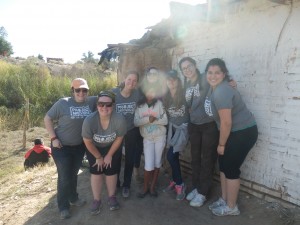
Some of our group with Cecilia before making tortillas, playing soccer, and learning how to make bricks
written by: Briana Ciccarino, Loyola University Maryland ’15
In one of my favorite movies, it is said that “attitude reflects leadership.” In my service experiences, I think attitude reflects one’s beliefs. For a long time, I believed I wanted to help save the world. Wherever, whenever, I wanted to be there to help. At Loyola, I’ve learned something more powerful than any helping I could ever do. I learned how to serve. Furthermore, in Mexicali, Mexico and San Diego, California, I learned how to just be.
In an essay we always read at Loyola Maryland’s Center for Community Service and Justice, “Serving is Different from Helping and Fixing” (Helping v. Serving), by Rachel Naomi Remen, MD, Remen explains that “Helping is based on inequality; it is not a relationship between equals…When I help I am very aware of my own strength. But we don’t serve with our strength, we serve with ourselves…the wholeness in us serves the wholeness in others and the wholeness in life…service is a relationship between equals.” In Mexico and California, this was very important for me. I found that I could not serve if I was not fully present, I could not be fully present unless I was just being, and I could not be in solidarity with the many people we met unless I was just being.
Mexico and the United States have an extremely complicated relationship and the purpose of our experience during Project Mexico was not to be there to fix this relationship or to come back and fix the border situation. Instead, it was to be. To fully appreciate a person, we have to recognize the wholeness in them, the wholeness with which God graces everyone. I appreciated that wholeness in Cecilia (a young girl from outside Los Algodones), in Alonzo (our host at Los Niños of Via Internacional in Mexico), in the many migrants we met at a shelter in Mexicali, and in the shadows of people gathered around a fire behind the fence of the entrance into Mexico. The issue of immigration no longer was faceless. Immigration has a face; in fact, it has thousands, millions of faces of people who have names, names of people who belong to families and villages; people who love their homes and often do not want to leave and sometimes don’t, trying to push to make their families’ lives better from where they are. I could not appreciate all of that, from whom I met, unless I recognized the wholeness in each person; I could not tell their stories unless I was fully present with them; I could not write about solidarity without simply being while I participated in PMEX. Solidarity is about fully being you with another person and even though I am no longer in Mexico or California, I can be in solidarity with the people I met by being me because their stories are now a part of my being.
ISN welcomes faith & justice related blog submissions from members of the Ignatian family. Please let us know of any blog ideas or posts using this form: ISN Blog Ideas

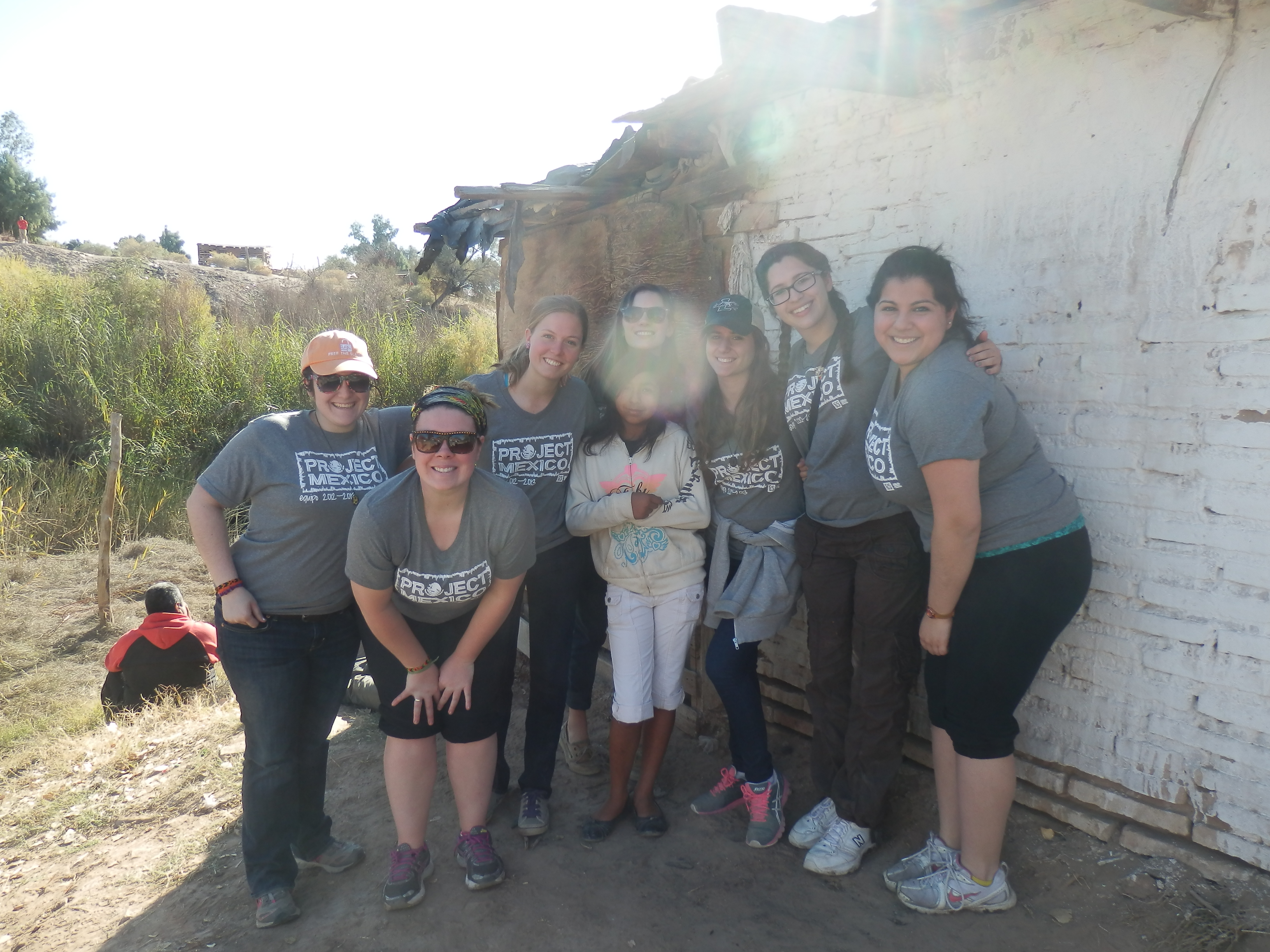

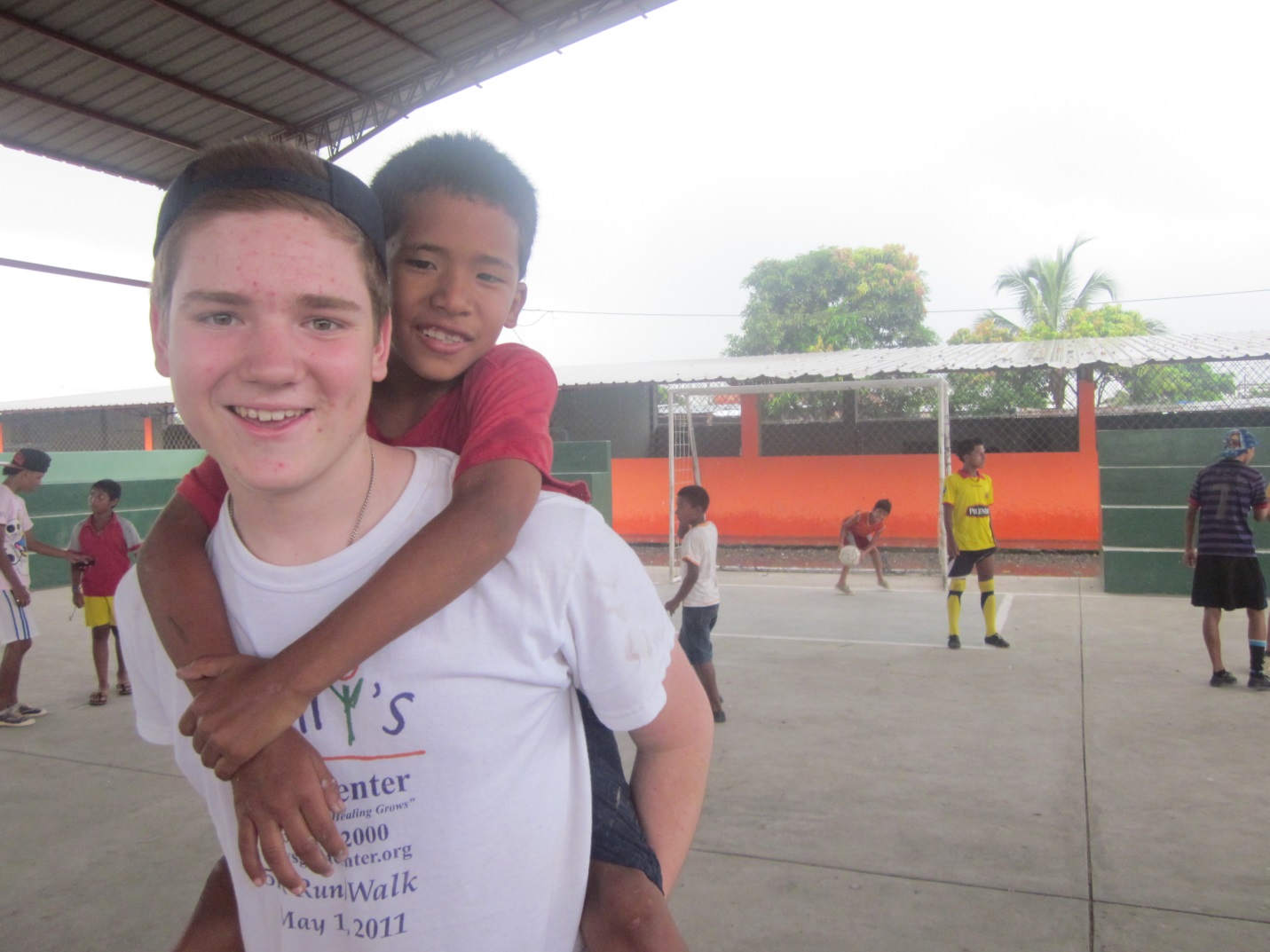

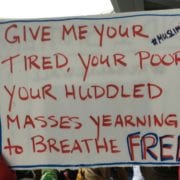
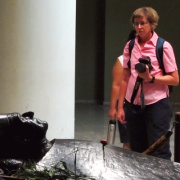




Leave a Reply
Want to join the discussion?Feel free to contribute!